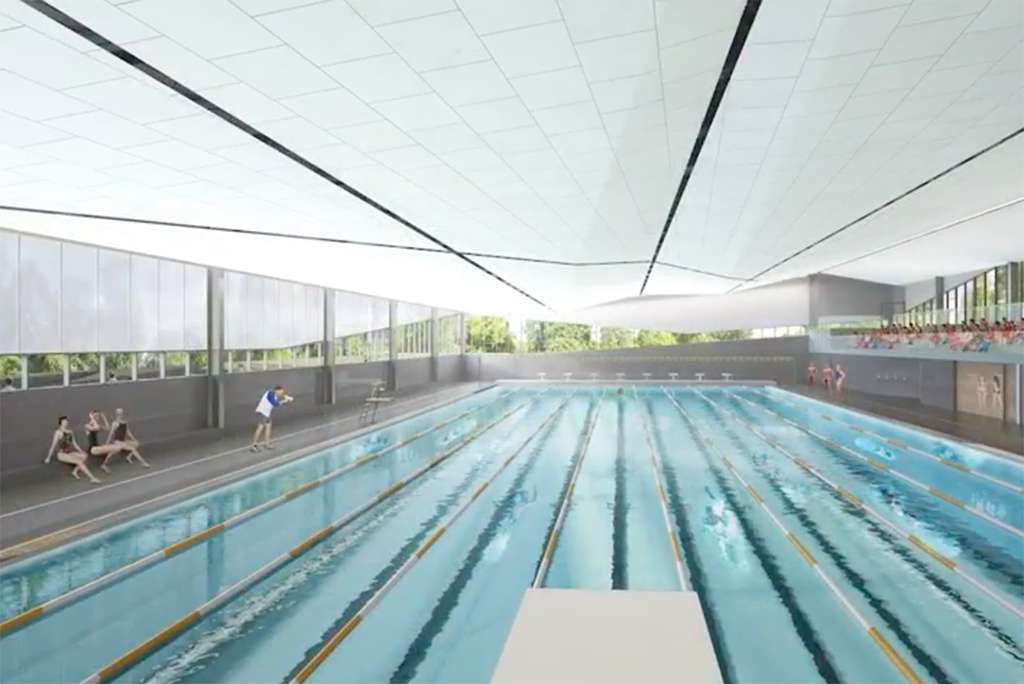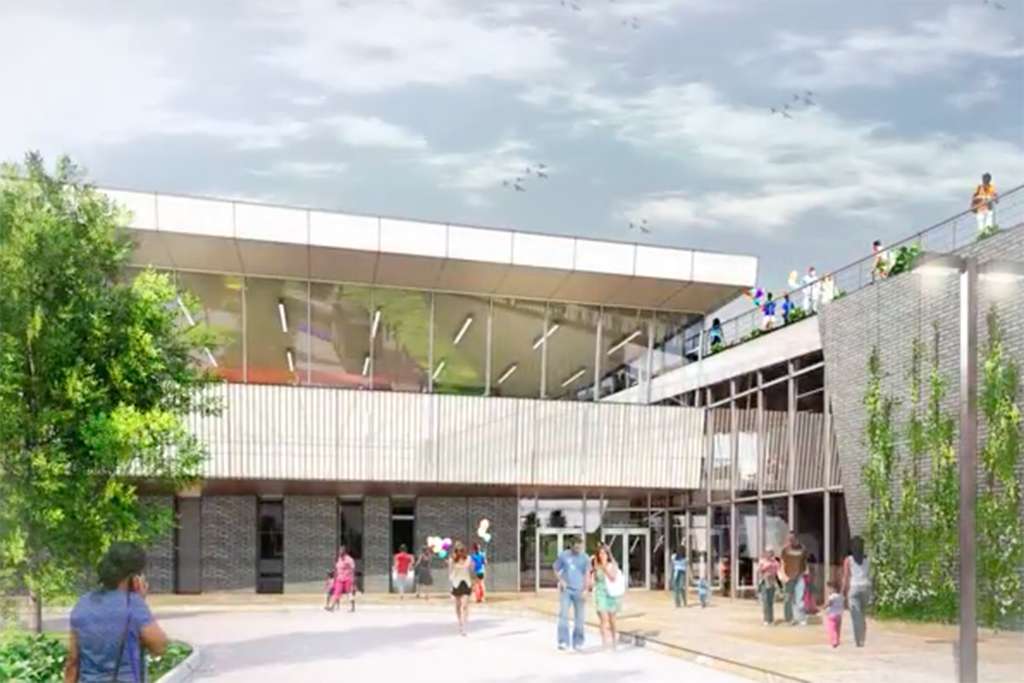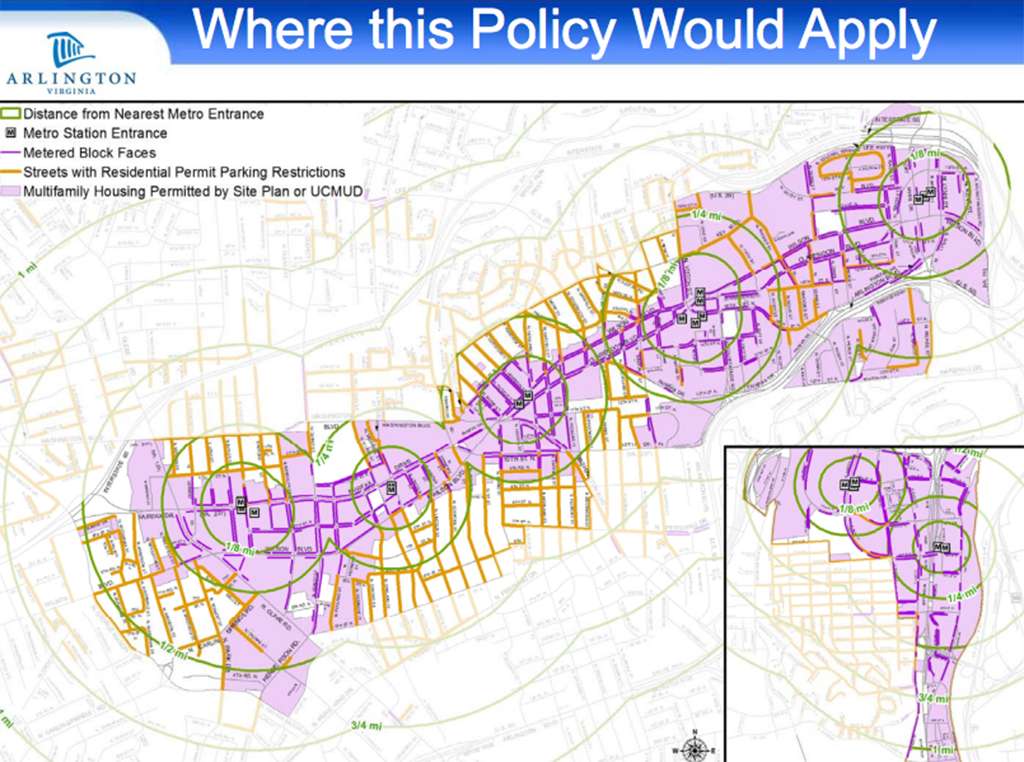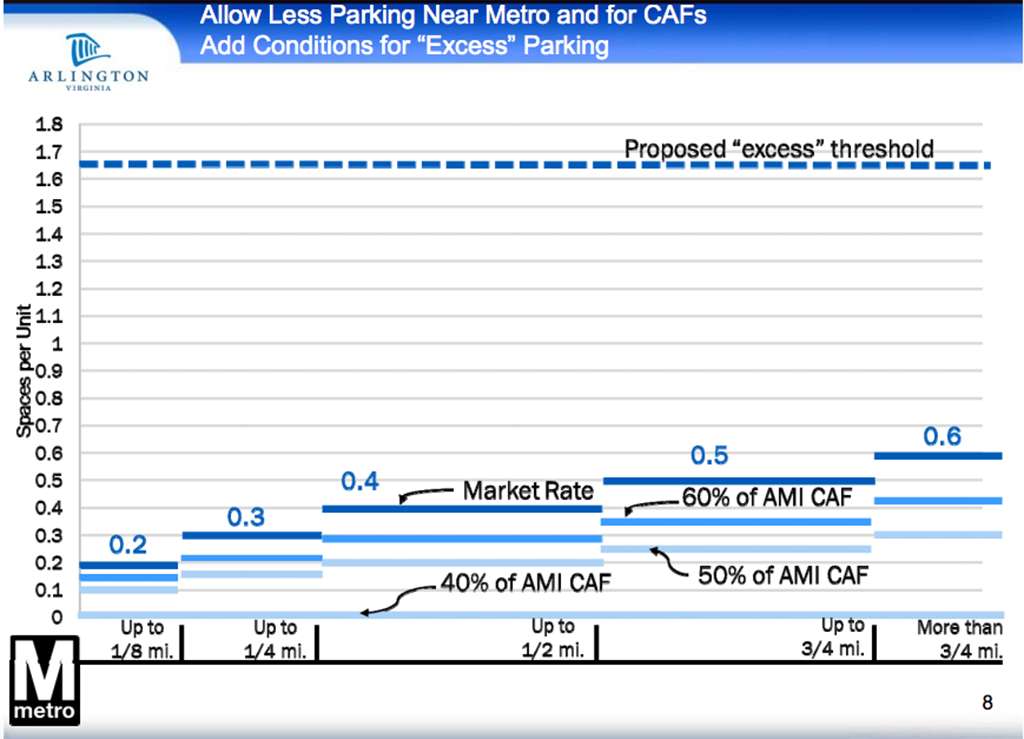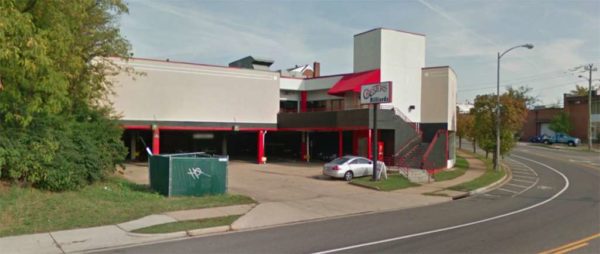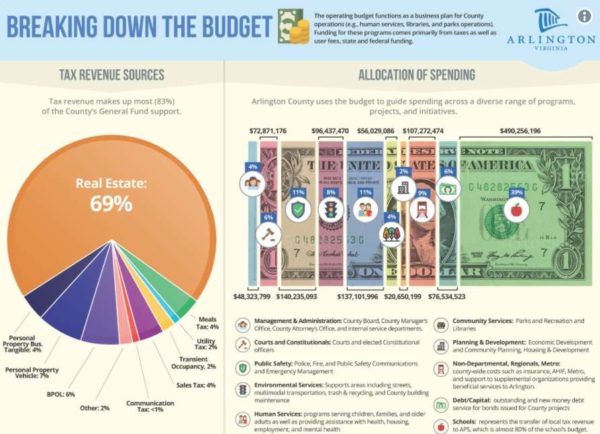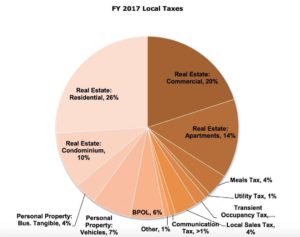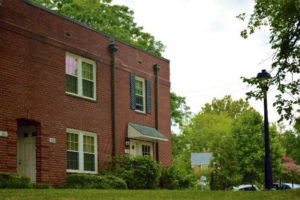 Arlington County Manager Mark Schwartz is recommending the county’s just-over $11 million surplus be spent on several “near-term needs & County Board policy priorities,” including affordable housing.
Arlington County Manager Mark Schwartz is recommending the county’s just-over $11 million surplus be spent on several “near-term needs & County Board policy priorities,” including affordable housing.
County staff said $11.1 million is left over, 1.4 percent of the county’s FY 2017 General Fund budget, excluding money appropriated to Arlington Public Schools.
The county collected just over $1.022 billion in revenue from property, business, sales taxes and other sources, having projected in April it would collect just over $1.004 billion. That is 1.8 percent more than projected.
“It is the lowest as a percent of total budget in recent years; in FY 2016, available funds totaled $17.8 million, or 2.4 percent, and in FY 2015 available funds totaled $21.8 million,” staff wrote. “This reflects diligent focus on executing the adopted FY 2017 budget.”
Schwartz is recommending the Arlington County Board use the leftover funds in the following ways:
- Affordable Housing Investment Fund: $5.2 million in one-time funding to be set aside for the FY 2019 budget.
- Critical Life Safety Needs: $2 million for unanticipated security system upgrades to the county’s Justice Center in Courthouse.
- Employee Compensation: $1.75 million to reflect changes in federal law on several position classes in public safety.
- County Manager Operating Contingent: $1.25 million to address “unforeseen needs that arise during the fiscal year without reprioritizing or cutting other programs.”
- Facility Studies: $900,000 to primarily fund additional site analysis at the Buck and Carlin Springs sites, as directed by the Board.
“As was started with housing grants as part of the FY 2018 budget, it is important to move to a higher level of ongoing funding for AHIF in the future,” staff wrote. “This transition to a higher amount could take several years, and the transition can be eased with reliance on available one-time funding.”
Certain community members and some County Board candidates have criticized the closeout practice in Arlington, and instead suggested the extra money should be given back to residents and businesses as tax relief, or at least applied to the next year’s budget.
The County Board will consider its options at its recessed meeting tomorrow (October 24), although numbers are preliminary until the county’s independent auditors complete their work at the end of the month.












